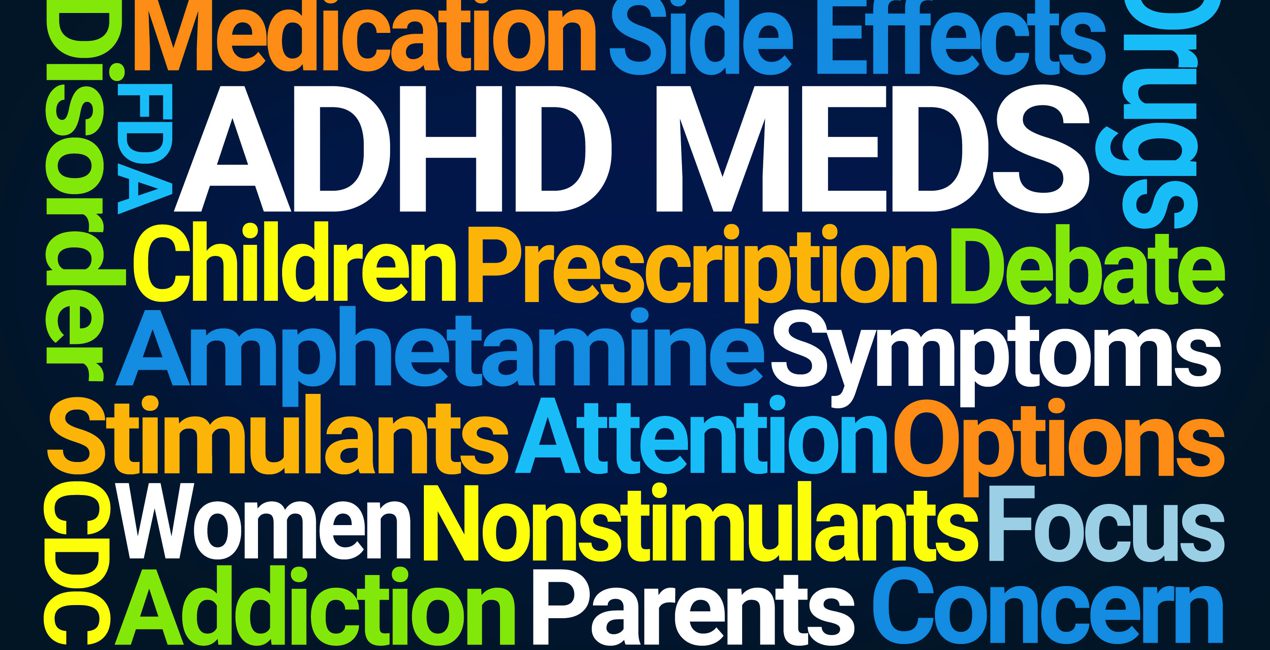Articles containing: ADHD
What Is An Individualized Education Program (IEP)?

Billy was a second grader who was having difficulty reading. He was thus evaluated through his public school system to see if he was eligible to receive special education services. Upon his completion of a series of tests, Billy was identified as having a reading disability; this diagnosis entitled him to special education services.
What Is Tourette’s Disorder?

Tourette’s disorder has also been called Tourette’s syndrome.
It has also been called simply Tourette’s.
Coping With ADHD: How A Young Man And His Mom Are Managing The Path To Success

This blog post is part of a series entitled Real Lives, Real Stories: Personal Experiences With Mental Illness.
What to Know About Getting Your Child SAT/ACT Accommodations

The Scholastic Aptitude Test (SAT) and the American College Test (ACT) are important tests for students hoping to go to college. If you have a high school student with a learning disability (such as dyslexia, dysgraphia, disorder of written expression) or ADHD, you might be wondering if they can—or should—receive extended time on tests.
How Do I Know If My Child Needs Testing?

Jim’s mom was frantic when she called me. Jim had been having difficulty in school since the end of kindergarten, at which point it was clear he still didn’t recognize all the letters of the alphabet. He continued to struggle in first and second grade, getting some extra help from the reading specialist.
Is It Safe to Use Stimulants to Treat ADHD?

It’s not unusual for parents to bring their kid with attention deficit hyperactivity disorder (ADHD) to a child psychiatrist and say:
“We really want you to help, but do not want any medications.
What If My Child Has Bipolar Disorder?

Here’s a familiar, yet until recently almost–never-talked-about scenario.
Billy is 10 years old. He has freckles, wears a baseball cap almost all of the time, and has a best friend named Pete. When he’s happy, there’s no one better. He’s kind, empathic, playful, funny and fun-loving.
The Pre-School Is Worried About My Child’s Oppositionality

OK, let’s talk about oppositional behavior in young kids. Here’s a particularly unpleasant scenario.
You go to pick little Timmy up from preschool, and the teacher asks to have a word with you. Uh-oh. Feels like being called to meet with the principal.
What If My Kids’ School Seems Violent?

No one can deny the recent spate of horrific school shootings. These awful occurrences are the subject of a different post, but perhaps most importantly, these relatively rare events threaten to overshadow an important and key fact about schools.
Schools are by far the safest place kids can be.
Does My Child Have Attention Deficit Hyperactivity Disorder? How Would I Know?

Attention Deficit Hyperactivity Disorder. Some kids just can’t seem to do what we expect of them, even the simplest of things—in school, at home and with other kids.
It’s not hard to see why they get labeled: sloppy, lazy, disorganized, won’t listen; or worse—defiant, self-centered, impossible to manage.



